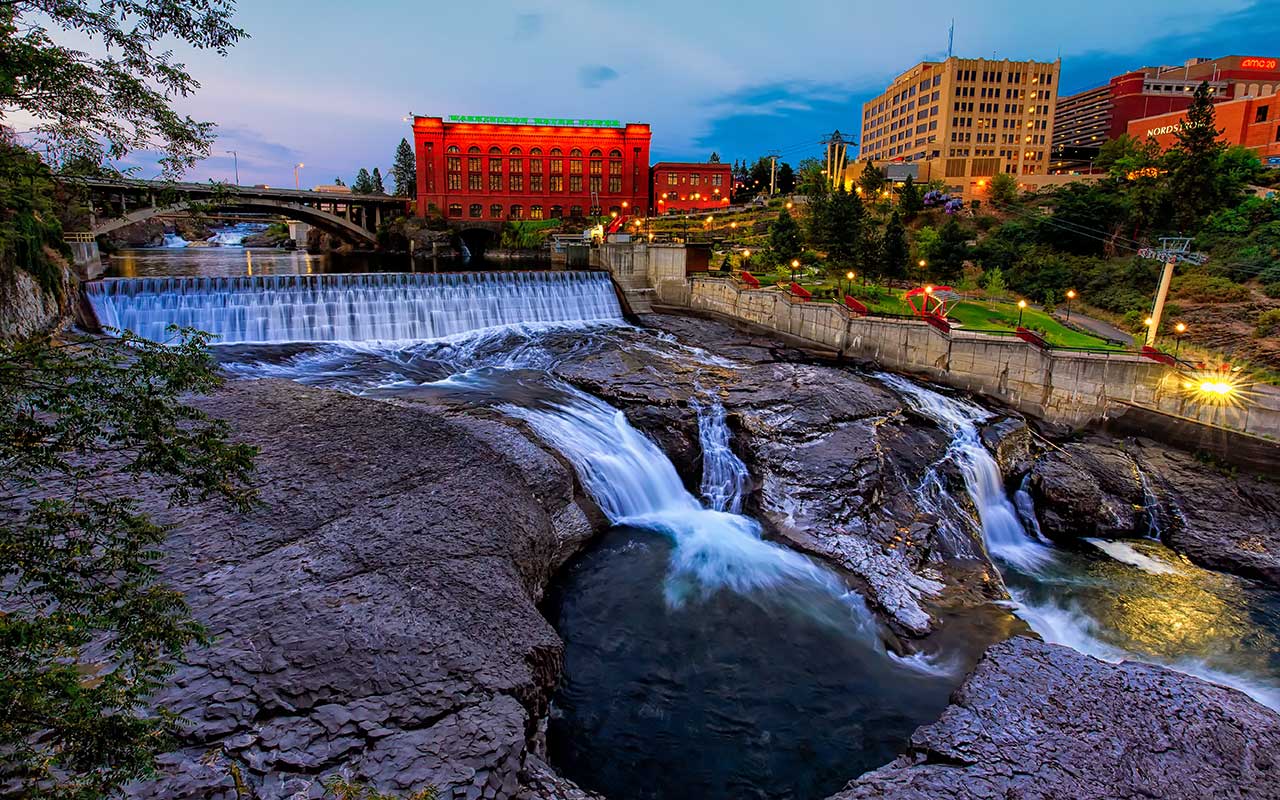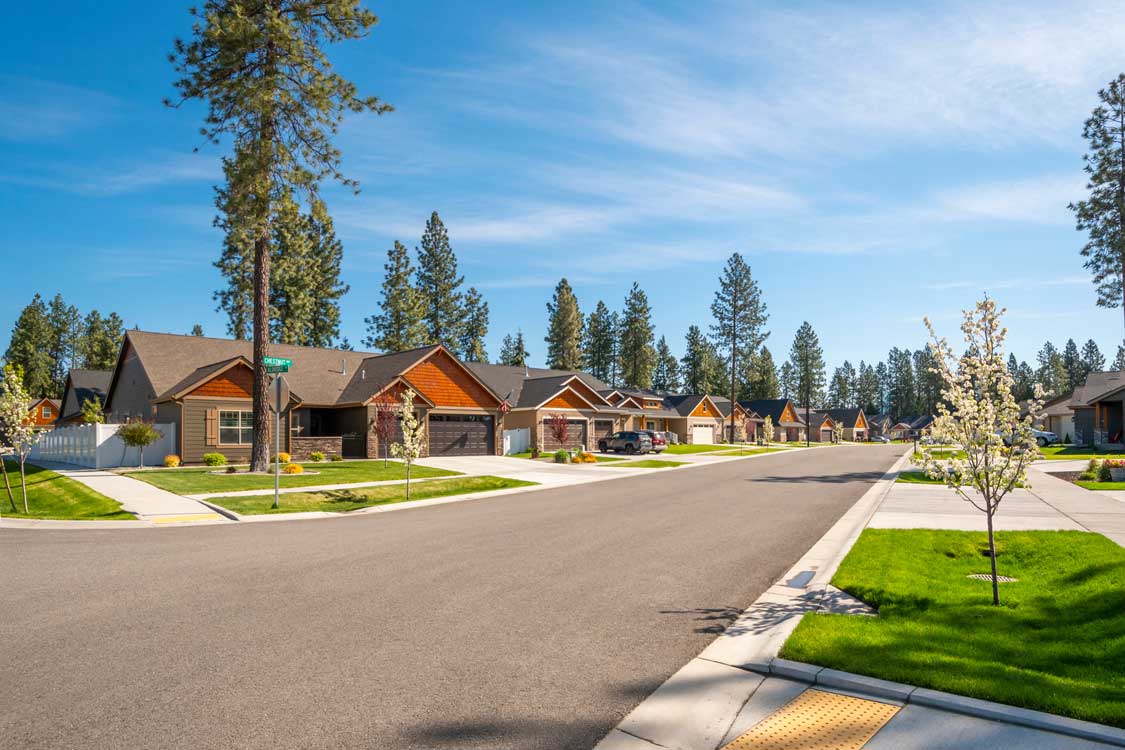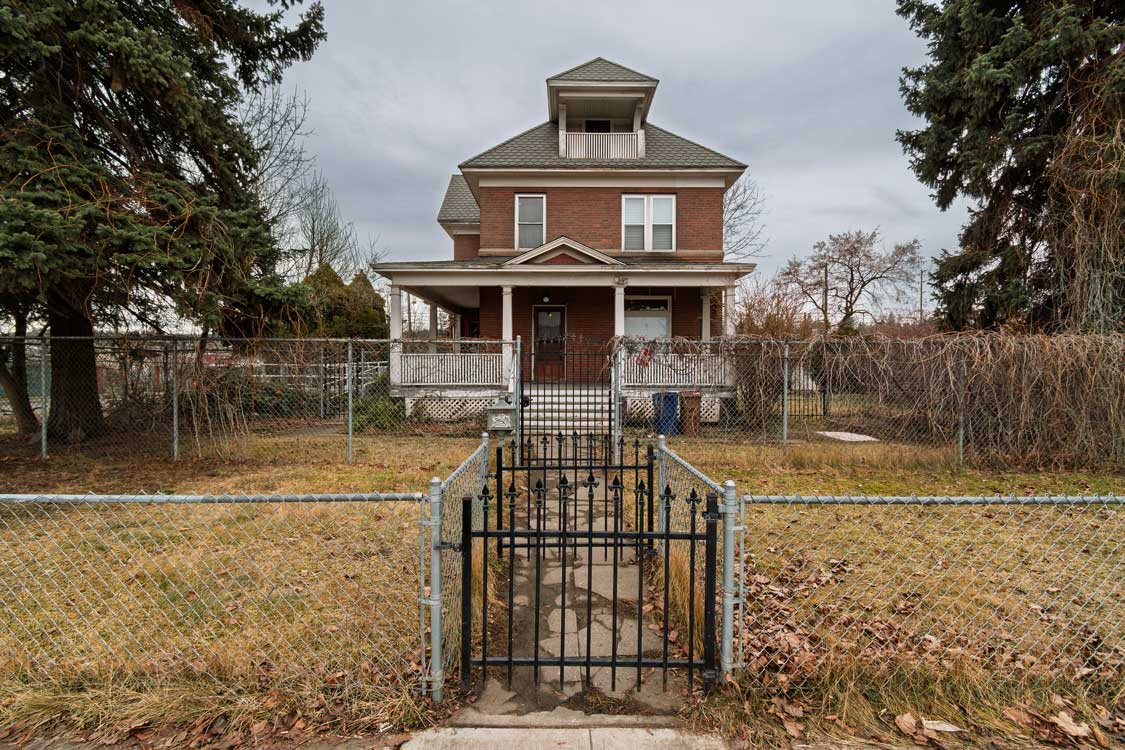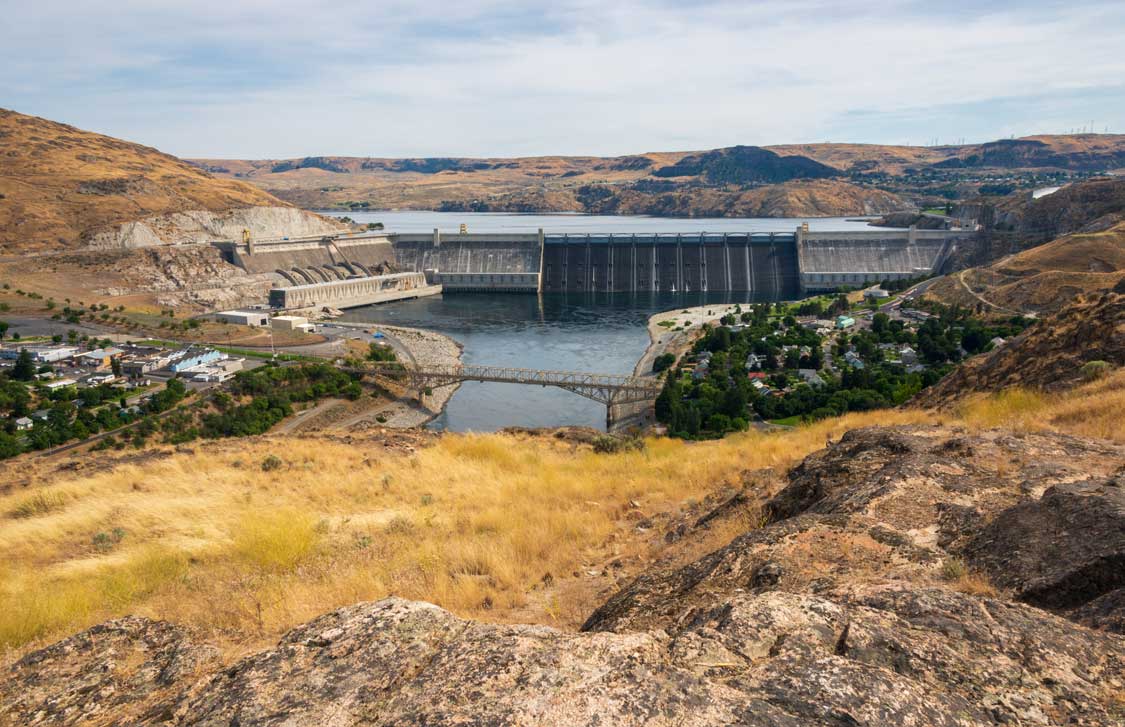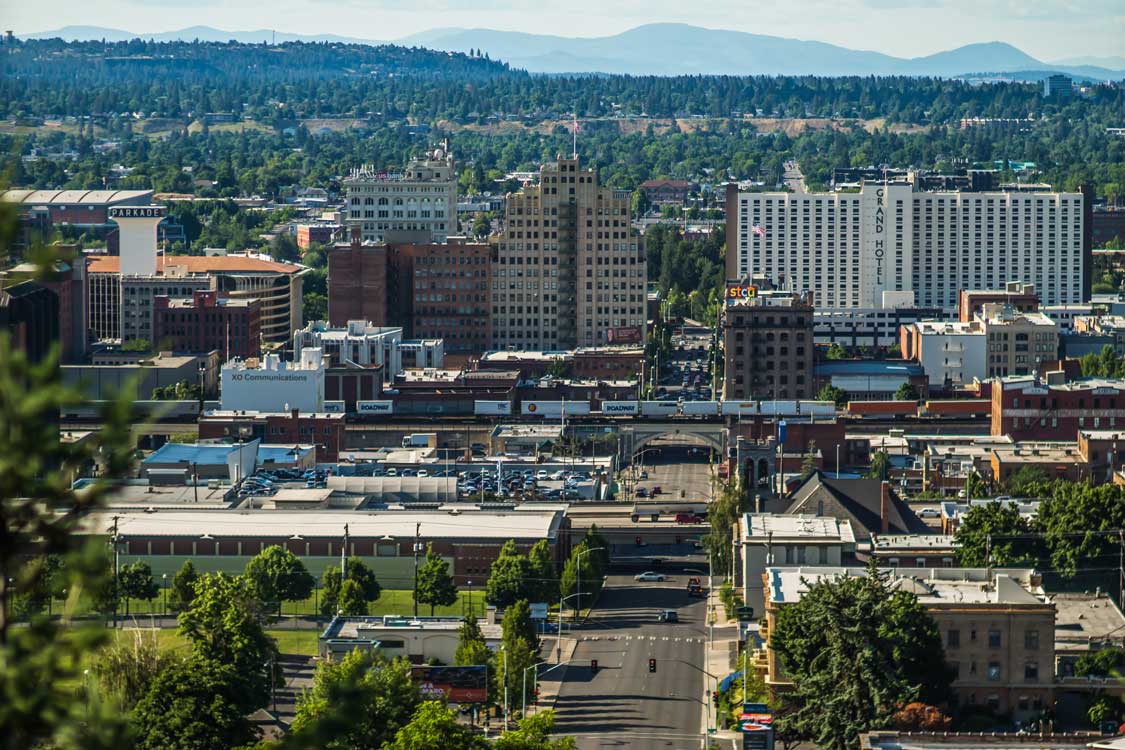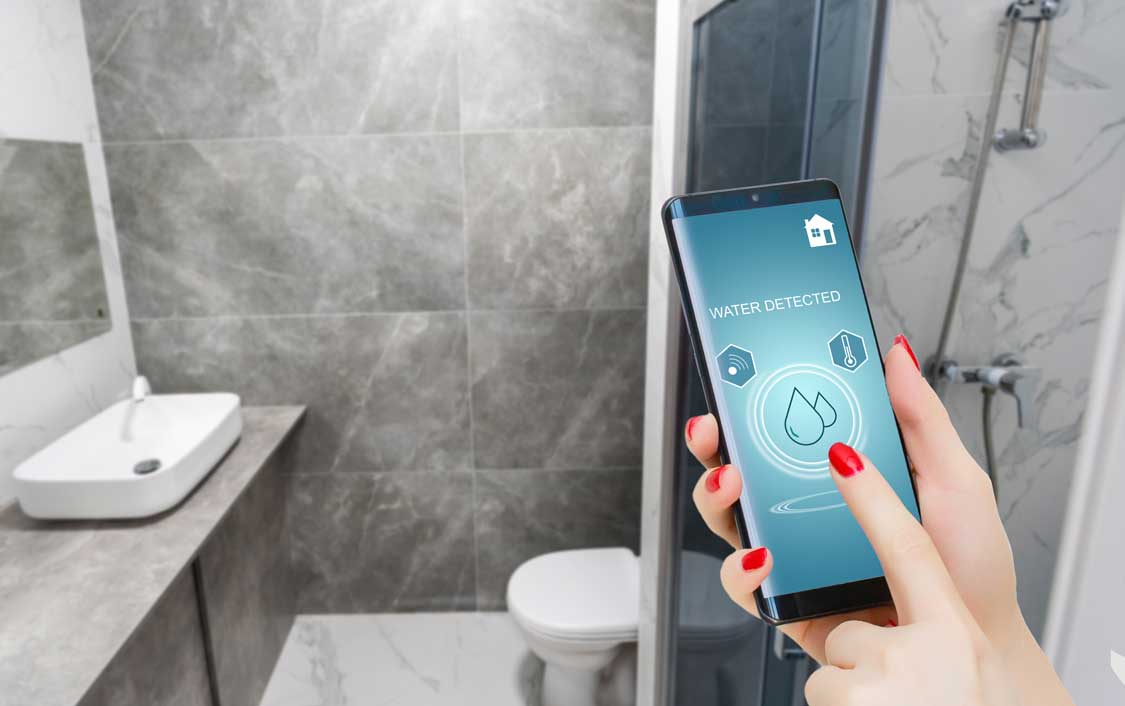Ever walked into your basement only to find a mini lake where your dry floor used to be? It’s an instant day-ruiner, right?
The truth is, we rarely think about our sump pumps—until they stop working. When heavy rains fall or snow melts, that little device is your home’s first line of defense against water damage. But what happens when it fails?
Sump pump failures can leave you scrambling, but don’t worry—we’re here to break down the common causes and what you can do to keep your basement dry.
How a Sump Pump Works
A sump pump sits in a sump pit at the lowest point of your basement or crawl space. As water seeps into the pit, the pump turns on and directs it away from your foundation through a discharge pipe. This simple system can save you thousands in water damage—if it’s working properly.
Your sump pump consists of:
- A motor and impeller that moves water out of your home.
- A float switch that activates the pump when water reaches a certain level.
- A discharge line that carries water away from your foundation.
When one of these components fails, your basement is at risk.
Common Causes of Sump Pump Failure
Understanding why sump pumps fail can help you prevent costly damage. Here are the top reasons homeowners experience failures:
1. Power Outages
- Storms often knock out power right when you need your sump pump the most.
- Solution: Install a battery backup system or a generator to keep your pump running during an outage.
2. Overwhelmed Pump
- If too much water enters the sump pit too quickly, your pump may not keep up.
- Solution: Ensure your pump has the right horsepower for your home’s needs. A professional can help determine the right size.
3. Stuck or Malfunctioning Float Switch
- If the float switch gets stuck, the pump won’t turn on when needed.
- Solution: Regularly check and clean the float switch to ensure proper movement.
4. Clogged or Frozen Discharge Line
- If the discharge line is blocked, water has nowhere to go.
- Solution: Keep the line clear of debris and install insulation to prevent freezing in winter.
5. Lack of Maintenance
- Pumps wear out over time, especially if they aren’t regularly tested and cleaned.
- Solution: Schedule annual sump pump maintenance with a Bulldog Rooter.
6. Improper Installation
- If your sump pump isn’t installed correctly, it may fail when you need it most.
- Solution: Always hire a licensed plumber like Bulldog Rooter plumbers to ensure proper installation.
7. Check Valve Failure
- The check valve prevents water from flowing back into the pit. If it fails, your pump may overwork itself and burn out.
- Solution: Have a professional inspect and replace faulty check valves as needed.
Warning Signs Your Sump Pump May Be Failing
Stay ahead of sump pump failures by watching for these red flags:
- Unusual noises – Grinding or rattling may indicate motor or impeller issues.
- Constant running or failure to turn on – This could signal a stuck float switch or an overwhelmed pump.
- Frequent cycling on and off – May indicate a problem with the float switch or check valve.
- Visible rust or damage – Corrosion weakens your pump and can lead to failure.
- Sump pump alarms sounding – Many modern systems alert homeowners to malfunctions.
If you notice any of these warning signs, call Bulldog Rooter for an inspection before disaster strikes.
How to Prevent Sump Pump Failures
While no pump lasts forever, regular maintenance and proactive steps can prevent many failures.
Annual Inspections
- Have a professional check and clean your sump pump each year.
- Test it before storm season by pouring water into the pit to ensure it turns on properly.
Install a Backup System
- Battery-powered backups keep your pump running during power outages.
- Consider a water-powered backup pump for extra protection.
Upgrade Your Pump If Needed
- If your basement sees a lot of water, a high-horsepower pump may be necessary.
- Grinder pumps can help if debris is a recurring issue.
Ensure Proper Installation
- Work with a professional to ensure your pump is correctly sized and positioned.
When to Call a Professional
Some sump pump problems can be DIY fixes, but others require professional attention. Call Bulldog Rooter if:
- Your sump pump won’t turn on or runs constantly.
- There’s standing water in your basement.
- You hear unusual noises from your pump.
- You suspect improper installation.
You need a sump pump replacement or upgrade.
Protect Your Home with Bulldog Rooter
At Bulldog Rooter, we know how crucial a working sump pump is to protecting your home. Whether you need maintenance, repairs, or a new installation, we’re here to help.
✔️ 24/7 Emergency Service – No extra fees for nights or weekends.
✔️ Fast & Reliable Repairs – Our experts diagnose and fix sump pump issues quickly.
✔️ Professional Installations – Ensure your home stays dry with expert installation.
✔️ Honest Pricing – No hidden fees, just quality service.
🚨 Don’t wait until it’s too late! Call Bulldog Rooter at (509) 687-7001 for sump pump services today. 🚨


